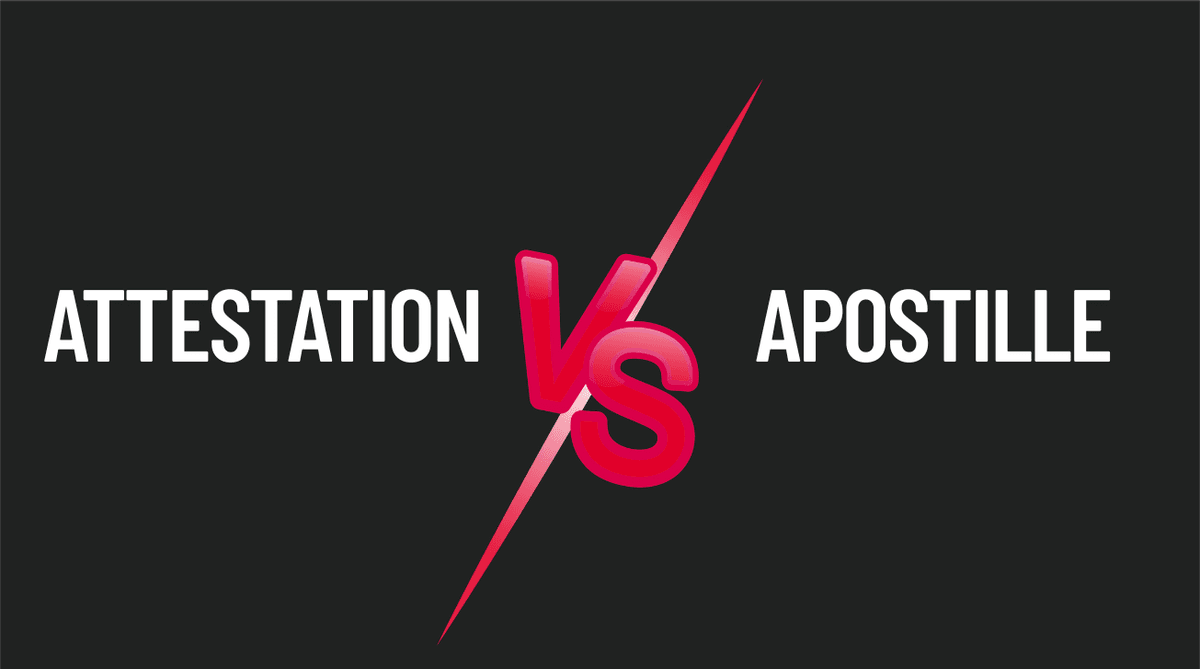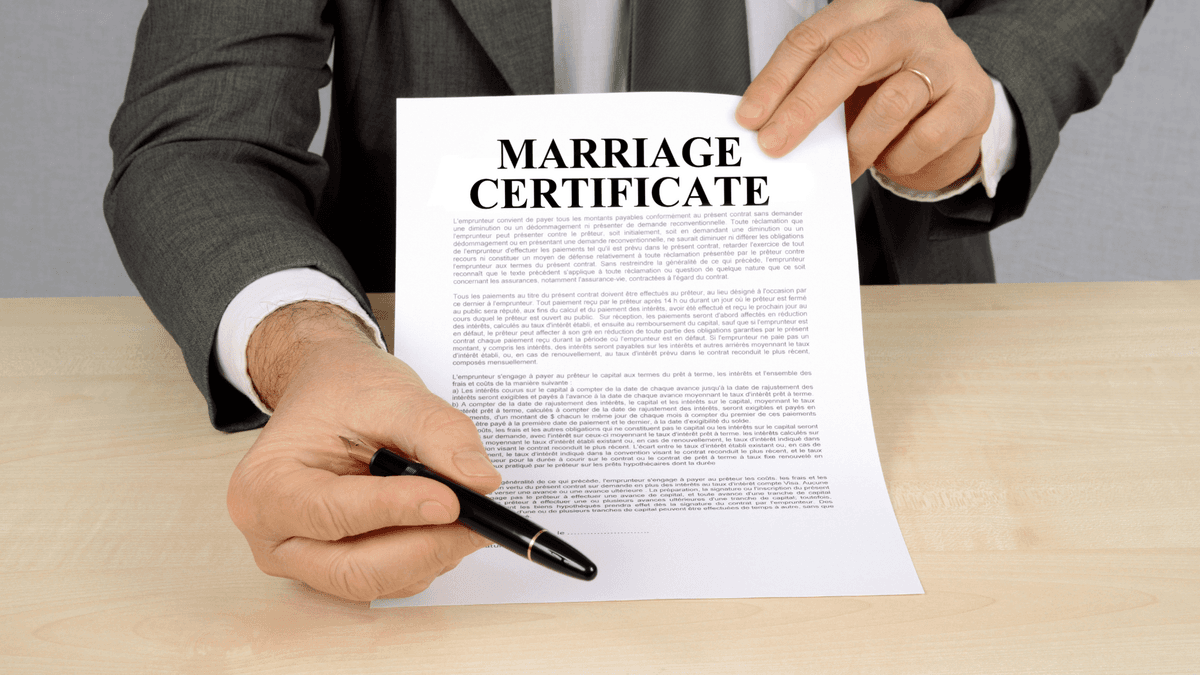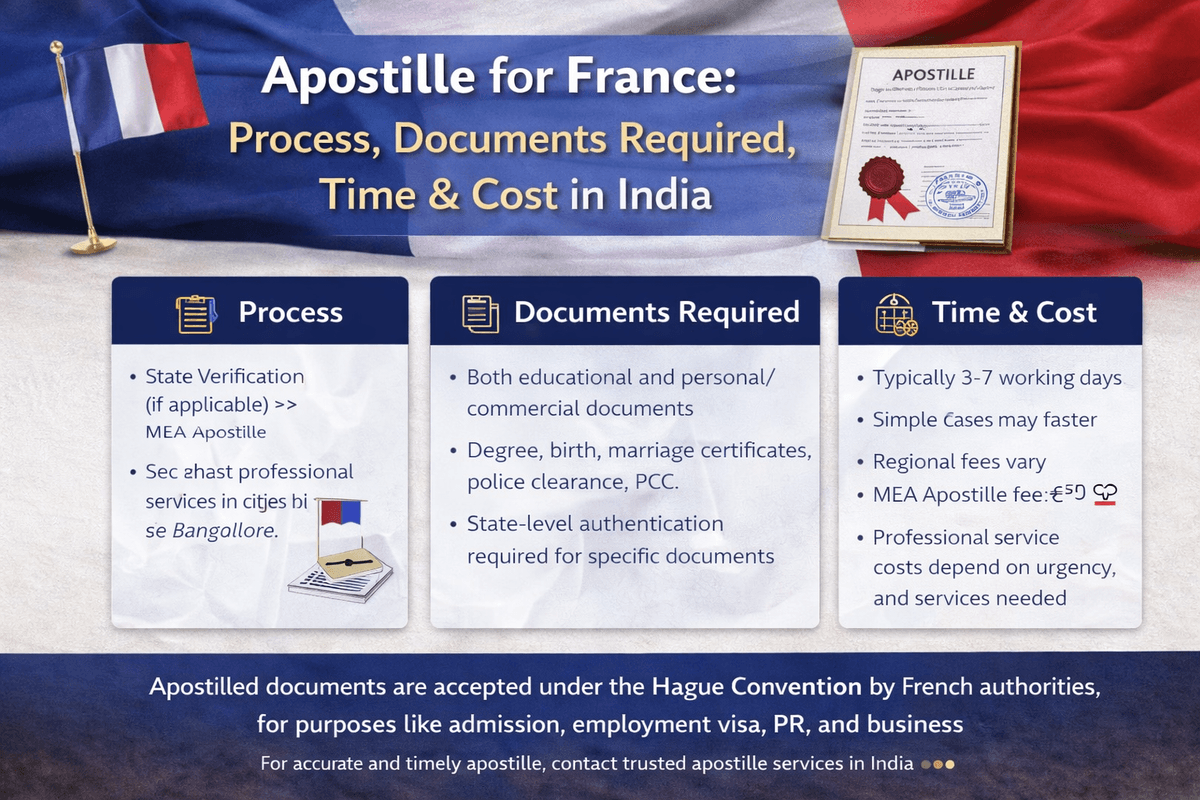
Embassy Attestation vs. Apostille: What’s the Difference?
When it comes to using documents internationally—whether for employment, education, business, or immigration—legalization is a critical step. You may have heard of embassy attestation and apostille, but understanding the distinction between them can often be confusing. While both serve the same purpose of document authentication for foreign use, they differ significantly in procedure, authority, and applicability based on the destination country. This article will walk you through the differences between embassy attestation and apostille, helping you understand which one applies to your situation.
What is Document Legalization?
Before we get into the differences, it's important to understand what document legalization means. Legalization is the process of authenticating or certifying a document so that it can be accepted in another country. This is especially required for documents like birth certificates, marriage certificates, degree certificates, commercial invoices, and other personal or business-related documents.
Depending on where you intend to use the document, you’ll either need embassy attestation or an apostille.
What is Embassy Attestation?
Embassy attestation is a process through which a document is authenticated by the concerned embassy of the destination country. It is a multi-step procedure that includes verification at several levels, such as:
Notary Attestation
Home Department/HRD Authentication
Ministry of External Affairs (MEA) Attestation
Embassy Attestation
This method is primarily used for countries that are not part of the Hague Apostille Convention of 1961. Popular non-Hague countries that require embassy attestation include the United Arab Emirates (UAE), Qatar, Saudi Arabia, Kuwait, China, and Egypt, among others.
Embassy attestation confirms that the document is genuine and has been reviewed and verified by both local and international authorities. It is a mandatory requirement for many non-Hague countries, especially when it comes to employment visas, higher education, or family relocation.
What is an Apostille?
An apostille is a form of document authentication issued for use in countries that are part of the Hague Apostille Convention of 1961. This process is much simpler and quicker than embassy attestation. An apostille stamp is issued by the Ministry of External Affairs (MEA) in India and affixed directly onto the document.
Countries that accept apostille include the United States, France, Germany, Australia, Italy, Spain, and over 120 other nations that are signatories to the Hague Convention. The apostille certifies the authenticity of the origin of the public document.
Once a document is apostilled, it does not require any further attestation from the destination country's embassy or consulate.
When Do You Need Embassy Attestation?
If you're planning to move to a non-Hague country, such as the UAE, Saudi Arabia, or Qatar, embassy attestation is mandatory for various documents including:
- Degree certificates for employment or higher education
- Marriage certificates for spouse visa applications
- Birth certificates for child migration or school admission
- Commercial documents for trade or business registration
Since these countries require embassy involvement, skipping this step can result in visa rejection or denial of official processes.
When Do You Need an Apostille?
An apostille is required if you're relocating, studying, or doing business in a Hague Convention country. Apostille is widely accepted for documents such as:
- Academic transcripts
- Legal affidavits
- Power of attorney
- Corporate and export documents
- Birth and death certificates
If you're applying for a student visa in France or Italy, or if you are joining employment in Germany or the Netherlands, apostille is the recognized standard.
How to Choose Between Embassy Attestation and Apostille?
The best way to determine which process applies to you is to know where your documents will be submitted. Ask yourself the following:
Is the destination country part of the Hague Apostille Convention?
Does your employer or university have specific instructions regarding legalization?
Are you dealing with government documentation (e.g., visa, PR) that requires official certification?
If your answer points to a non-Hague country, you’ll need embassy attestation. Otherwise, an apostille is sufficient.
Common Mistakes People Make
Choosing the wrong method – Many people try to apostille documents for non-Hague countries or vice versa.
Not verifying document type – Some documents require pre-authentication from universities or notaries before proceeding.
Delaying the process – Legalization can take time, so it's best to start early.
Using unverified agents – This can lead to document rejection or even legal issues.
Can Agencies Help with Embassy Attestation and Apostille?
Yes. In fact, using a government-approved and ISO-certified agency can make a huge difference. These agencies are well-versed in the legal procedures and can handle the documentation with accuracy, speed, and security.
Whether you’re in Bangalore, Mumbai, Delhi, or any other major city, professional agencies offer reliable services for both embassy attestation and apostille. They often provide pickup and delivery services and keep you informed at every step.
Understanding the difference between embassy attestation and apostille is crucial for anyone planning to use official documents abroad. Both processes validate your documents for international use, but the route you take depends largely on your destination country.
If you're headed to a Hague Convention country, an apostille will serve the purpose. If not, you’ll need to go through the more detailed process of embassy attestation. Choosing the right process not only saves you time and money but also ensures that your visa or application isn't delayed or rejected due to document issues.
When in doubt, consult with professionals who specialize in document attestation and apostille services—they can guide you through each step and ensure your paperwork meets the necessary legal standards globally.
- All
- Apostille
- Attestation
- Australia Apostille
- Austria Apostille
- Bahrain Attestation
- China Attestation
- Egypt Attestation
- France Apostille
- Germany Apostille
- HRD
- Italy Apostille
- Kuwait Attestation
- Lithuania Apostille
- MEA
- Malaysia Attestation
- Mexico Apostille
- Netherlands Apostille
- Nigeria Attestation
- Oman Apostille
- PCC
- Philippines Attestation
- Qatar Attestation
- Saudi Arabia Attestation
- Taiwan Attestation
- Translation
- UAE Attestation
- UK Apostille
- USA Apostille
- Vietnam Attestation
- Visa Stamping




